detail profile paulo c c3 a9sar saraceni
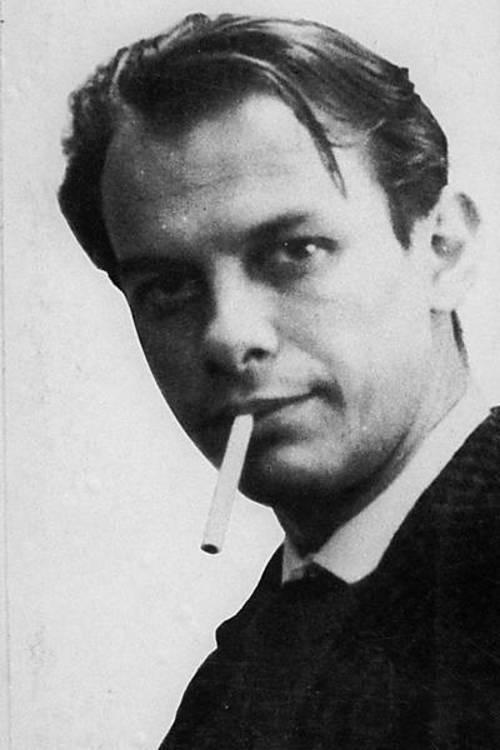
Paulo César Saraceni
Paulo Cézar Saraceni
atau dikenal sebagai
Riwayat Hidup
Paulo César Saraceni was a Brazilian film director and screenwriter.
He directed 14 films between 1960 and 2011.
His 1999 film Traveller was entered into the 21st Moscow International Film Festival where it won a Special Mention.
Info Pribadi
Peran Yang Di Mainkan Paulo César Saraceni
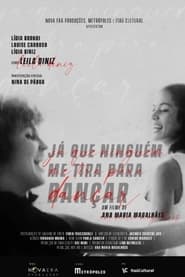 Conducted from interviews with personalities who...
Conducted from interviews with personalities who...Já que Ninguém me Tira Para Dançar 2021
Conducted from interviews with personalities who lived with Leila Diniz (1945-1972), the documentary is a record of an era and, above all, it rescues the participation in Brazilian culture of the actress who opened the way for the sexual revolution during the dark years of the dictatorship.
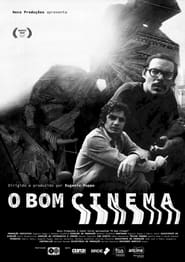 An authentically marginal cinema created in...
An authentically marginal cinema created in...The Good Cinema 2021
An authentically marginal cinema created in Catholic university in Brazil. One of the most intriguing and imaginative moments in modern cinema in the voice of some of its select conspirators—with Carlos Reichenbach at the lead—, and through the most razing flow of images that can possibly be conceived.
 Two years of research and visits...
Two years of research and visits...Brazilian Cinema in the 20th Century 2017
Two years of research and visits to collections, cinematheques and museums; almost seventy interviews that generated 30 hours of recorded material; more than two hundred scanned photos and more than one hundred films watched. In total, more than a thousand hours of work were needed to prepare Brazilian Cinema in the 20th Century. The work is a fascinating journey through all the cinematic cycles that Brazil lived, from the pioneering Belle Époque, through the great studios like Atlântica and Cinédia, Cinema Novo, the urban comedies of the 70's, until the resumption in the late 90's. The documentary is unique, it gives the floor to who really wrote and lived this story intensely.
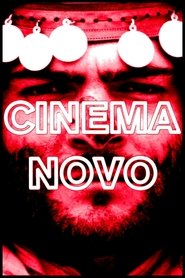 A deep investigation in the way...
A deep investigation in the way...Cinema Novo 2016
A deep investigation, in the way of a poetic essay, on one of the main Latin American movements in cinema, analyzed via the thoughts of its main authors, who invented, in the early 1960s, a new way of making movies in Brazil, with a political attitude, always near to people's problems, that combined art and revolution.
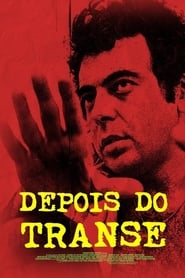 The documentary Depois do Transe covers...
The documentary Depois do Transe covers...Depois do Transe 2006
The documentary "Depois do Transe" covers the entire process of creating the masterpiece "Entranced Earth", which was released and awarded at the Cannes Film Festival in 1967. "Entranced Earth" charmed the world and won great admirers such as filmmaker Martin Scorsese and the writer Marguerite Duras, who at the time considered a "fabulous filmic opera."
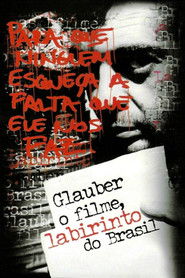 Documentary about Brazilian filmmaker Glauber Rocha...
Documentary about Brazilian filmmaker Glauber Rocha...Glauber Rocha - The Movie, Brazil's Labyrinth 2003
Documentary about Brazilian filmmaker Glauber Rocha, one of the most important names in the Cinema Novo, with interviews with some of his friends and colleagues.
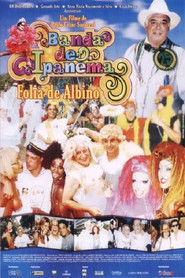 A movie about Banda de Ipanema...
A movie about Banda de Ipanema...Banda de Ipanema — Folia de Albino 2002
A movie about Banda de Ipanema, one of Rio de Janeiro’s most traditional Carnaval blocks, and its founder Albino Pinheiro.
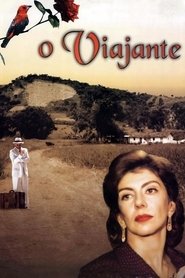 Fortune takes four human beings to...
Fortune takes four human beings to...Traveller 1998
Fortune takes four human beings to the last frontier of passion. There, where love becomes almost inhuman and divine. As if he was a comet, Rafael, the traveler, appears at the party for the cities patron saint, in a small town in the interior of Minas Gerais. He is the one who brings passion and crime, vanishing afterwards, leaving a poetic feeling in the air, which is always deadly to the ones who stay. Mrs. Ana de Lara, the proud rich widow, and Missy, still a child, whose beauty and innocence are like the Tiê-Sangue, a red bird, are the travelers victims. There is also Master Juca do Vale, a criminal, whose passion turns him incredibly human, in this story of love, death, forgiveness and resurrection.
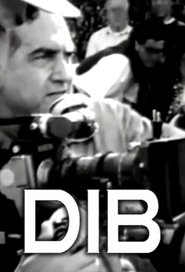 Documentary that addresses through the testimony...
Documentary that addresses through the testimony...Dib 1997
Documentary that addresses, through the testimony of directors and actors, the work of Dib Lutfi, considered one of the greatest photographers of Brazilian cinema.
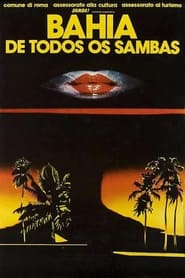 Between August 23 and 31 1983 at the Circo...
Between August 23 and 31 1983 at the Circo...Bahia de Todos os Sambas 1996
Between August 23 and 31, 1983, at the "Circo Massimo", in Rome, there was a musical event that brought together artists from Bahia. This film brings a recording of the event, also featuring backstage, rehearsals, testimonies and some relaxing moments of these great names in Bahia's music.
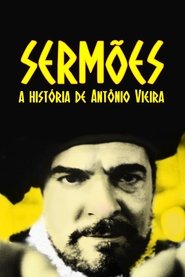 Based upon the life story of...
Based upon the life story of...Sermões 1989
Based upon the life story of Father Antonio Vieira, born in Lisbon in 1608 and deceased in Salvador, Bahia, in 1697. He's considered the first Brazilian writer and one of the most important aesthete of linguistic and of the Portuguese language of all times, a master in the art of metaphor, of verbal relations and analogy. He was persecuted and condemned by the Portuguese Court of Inquisition due to his position against native slavery, against the intolerance to the Jewish people and to the colonial politics of exploration.
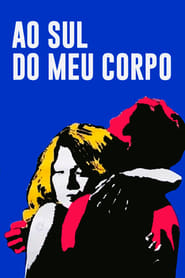 So Paulo late 30s Alberto Paulo...
So Paulo late 30s Alberto Paulo...Ao Sul do Meu Corpo 1982
São Paulo, late 30's. Alberto (Paulo César Pereio) is an intellectual and professor who announces to his friend and pupil Polidoro (Nuno Leal Maia) he won a scholarship to study in Paris. In Paris Polidoro receives a letter in which Alberto announces that he married Helena (Ana Maria Nascimento e Silva). Polidoro returns to Brazil in 1945, when there was a strong political agitation against the New State. Alberto invites Polidoro to spend a few days at his home in Campos do Jordão. After reaching the site he is told by Helena that Alberto was forced to travel urgently. She insists he should stay there until the return of her husband and, while waiting, she seduces him. Then, after several days of intense passion, she orders Polidoro to go away and never see her again.
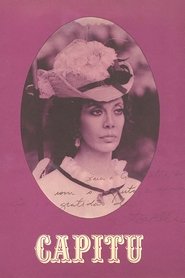 Adaptation of Machado de Assiss classic...
Adaptation of Machado de Assiss classic...Capitu 1968
Adaptation of Machado de Assis’s classic novel “Dom Casmurro”. Bentinho and Capitu are friends since childhood and end up marrying. But Bentinho destroys his life when he starts suspecting Capitu has an affair with his best friend and that his son is not really his.
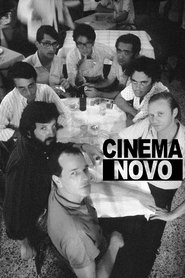 Originally produced for German TV Improvised...
Originally produced for German TV Improvised...Improvised and Purposeful: Cinema Novo 1967
Originally produced for German TV, Improvised and Purposeful is a firsthand look at the "Cinema Novo" movement (otherwise known as the 'Brazilian New Wave'). Director Joaquim Pedro de Andrade focuses on six Cinema Novo filmmakers working in Rio in 1967.
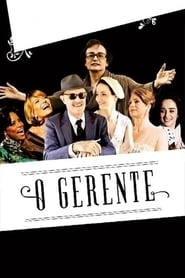 A bank manager has a secret...
A bank manager has a secret...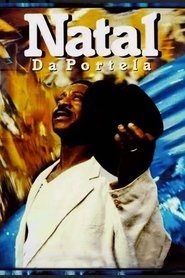 Biography of one of the legendary...
Biography of one of the legendary...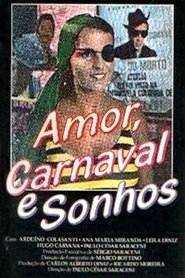 On Carnivals eve girl dreams of...
On Carnivals eve girl dreams of...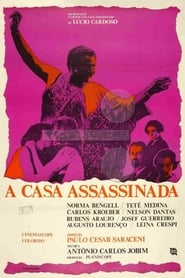 Nina a typical woman of the...
Nina a typical woman of the...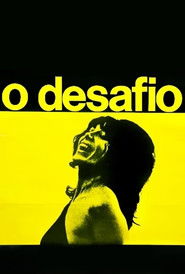 Passively facing the repression imposed by...
Passively facing the repression imposed by...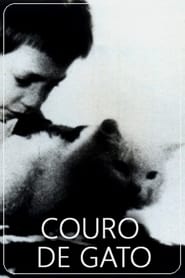 A few weeks before Carnival slum...
A few weeks before Carnival slum...